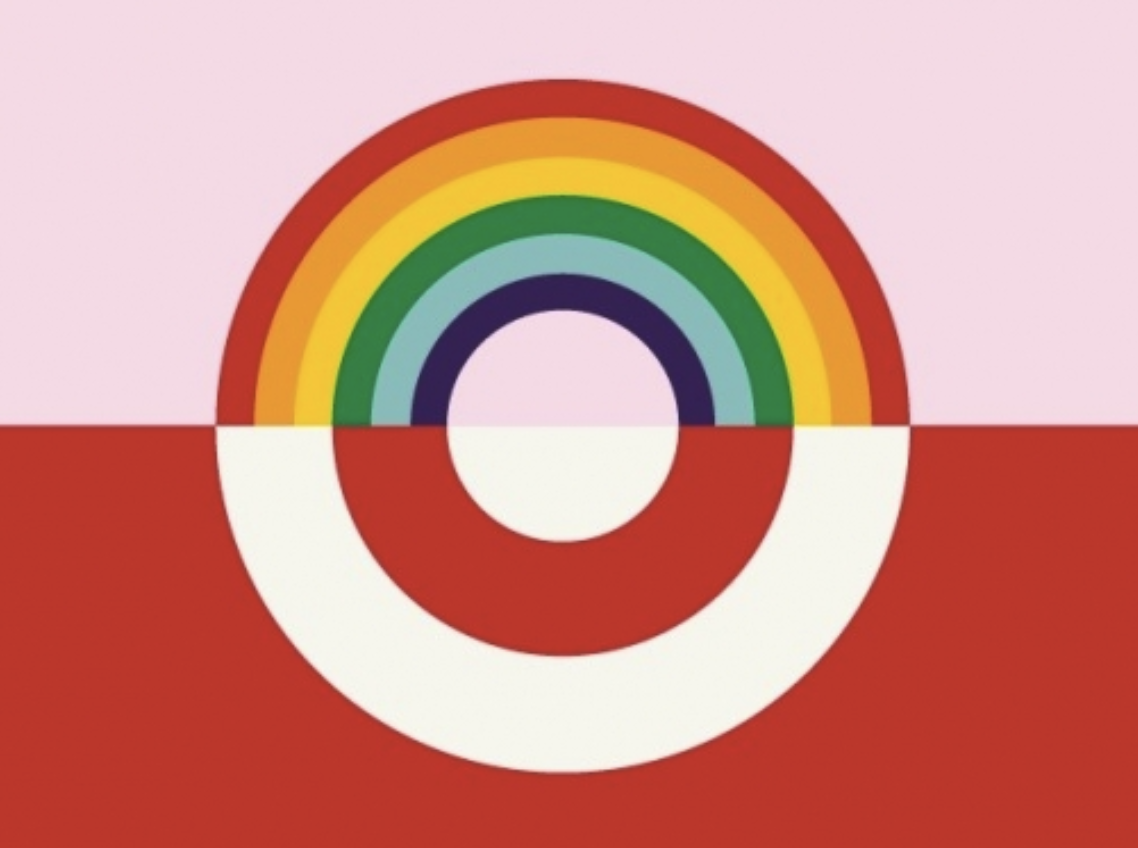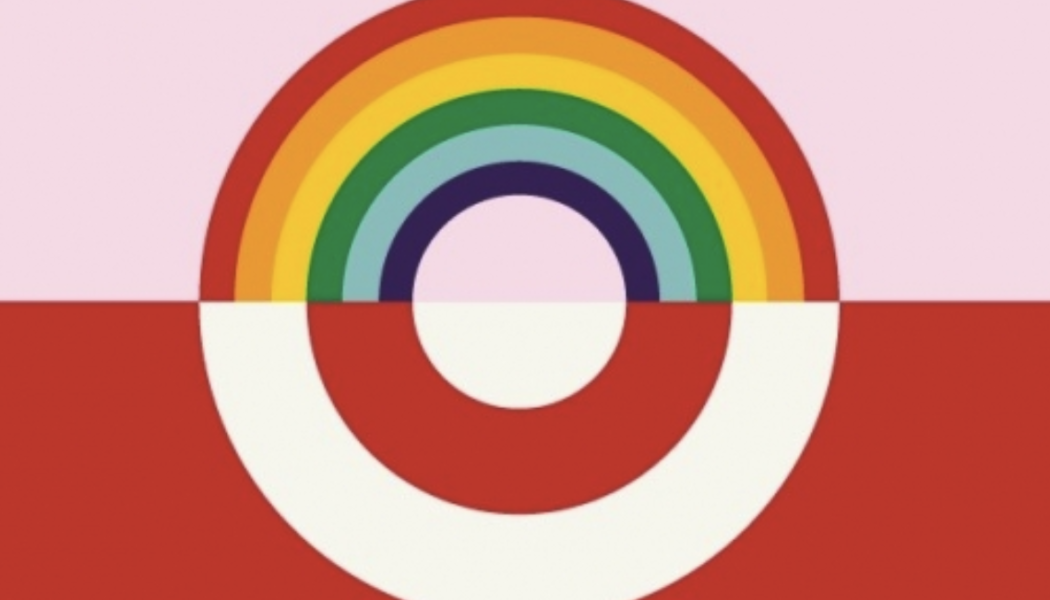
In the summer of 1997, the Southern Baptist Convention called for a boycott of the Walt Disney Company, acting in response to some early power mouse gay-rights decisions.
Eight years later, the leaders of America’s largest non-Catholic flock quietly called off the boycott, which was a bit of a dud. The news coverage was, well, joyfully muted.
Why did this boycott fail? Well, for one thing, lots of SBC guys probably found it hard to ditch ESPN and lots of parents who were “conservatives” found it hard to stop using Disney movies as babysitters.
This brings us to the current headlines about Bud Light and Target, which served as the hook for this week’s “Crossroads” podcast (click here to tune that in).
Baptists vs. Disney? Kind of a big deal, but not really. Then again, Disney executives may be aware of box-office issues with some of their recent LGBTQ+ themes in big-screen products for children. You think?
Ah, but what about beer drinkers vs. Bud Light? That battle over in-your-face corporate support for trans performance art appears to have legs. See this update from NBC News: “‘Nobody imagined it would go on this long’: Bud Light sales continue to plummet over Mulvaney backlash.”
Suburban parents (especially in red states) vs. Target? That’s a more complex subject, but there are signs that Tarjey executives have started doing homework on the watered-down beer battles.
This raises a perfectly valid question: Are there religion ghosts in the Bud Light and Target backlash stories? I mean, how many Southern Baptists are Bud Light fans?
The actual question is this: Are there religion ghosts in the neverending wars between Middle America and “woke” corporate support for the ever-changing doctrines of the Sexual Revolution?
I would say, “yes.” But it’s clear that the cultural battles now involve armies larger than people in conservative pews. We are talking about changes at the level of big business and, yes, the mainstream news industry. Ask Fox News executives if they are feeling heat from viewers who welcomed Tucker Carlson’s brand of culture-wars coverage.
With the Target story, CNN isn’t exactly hiding its feelings with this headline: “Target is being held hostage by an anti-LGBTQ campaign.”
BZZZZZ! Correction, please, The newsroom bible for Associated Press style now proclaims the orthodoxy of the updated “LGBTQ+” label. What does the “+” mean, in terms of gender identity day to day, hour to hour or minute to minute? It means whatever people want it to mean.
Back to CNN. This is an opinion piece, but the language is basically the same as the news reports.
Fueled by far-right personalities and on social media platforms, the anti-trans campaign spread misleading information about the company’s Pride Month products and its business practices.
Hurting brands’ sales and reputations was the stated goal of the campaign: “The goal is to make ‘pride’ toxic for brands,” said right-wing commentator Matt Walsh on Twitter. “If they decide to shove this garbage in our face, they should know that they’ll pay a price. It won’t be worth whatever they think they’ll gain.”
The campaign became hostile, with threats levied against Target employees and instances of damaged products and displays in stores.
That effectively held Target hostage: The company was forced to make an impossible choice to either safeguard its employees and stores or continue to support customers who wanted to buy the products it was selling.
During this week’s podcast, host Todd Wilken asked a logical question about the Target wars: What would it take to push buttons for “soccer moms”? After all, most ordinary American suburban women have become used to seeing rainbow shirts, unicorn symbols and/or pride posters in the kid-clothing aisles.
This raises an interesting question, one similar to the battles over explicit sexual content in some of the books being welcomed, used or promoted by public officials, including elementary schools. Will journalists discuss the factual details of the items that are causing “parental rights” battles? Check out this recent Rod Dreher missive with some NSFW details.
In this case, what was the “misleading information” about “Pride Month products”? The New York Times at least included this modest paragraph in one story:
Target also removed a Pride line from Abprallen, an L.G.B.T.Q. fashion and accessories company based in London, some of whose designs have been criticized for depicting satanic symbols like pentagrams and a shirt that reads “Satan respects pronouns.” Abprallen did not respond to a request for comment.
Religion angle? Maybe.
That same Times story also noted this hot-button angle:
Among the items angering some customers was a one-piece, tuck-friendly swimsuit — a bathing suit that has extra material for the crotch area for individuals who want to conceal their genitalia. Some critics erroneously claimed that the swimsuit was being sold to children; Target said it was available only in adult sizes. The collection also includes children’s books about transgender issues and gender fluidity.
Meanwhile, Twitter users can access the #targetboycott hashtag and see lots of videos of tuck-products located with clothes for young people, with products in very small sizes.
Then again, Twitter is now the enemy, for the mainstream-news media — because it allows these kinds of “disinformation” materials from ordinary Americans and conservative outlets to be posted. Thus saith The Atlantic: “Twitter Is a Far-Right Social Network — It can no longer be denied.”
However, most Americans will be reading Associated Press coverage of these issues. So Wilken and I discussed the language being used in this AP story: “Target becomes latest company to suffer backlash for LGBTQ+ support, pulls some Pride month clothing.”
Target confirmed that it has moved its Pride merchandise from the front of the stores to the back in some Southern stores after confrontations and backlash from shoppers in those areas.
Target’s response to confrontations in its stores is taking place as state legislatures introduce a record number of bills targeting LGBTQ+ individuals.
There are close to 500 anti-LGBTQ+ bills that have gone before state legislatures since the start of this year, an unprecedented number, according to the American Civil Liberties Union.
Those efforts focus on health, particularly gender-affirming health care for transgender youth, and education. State legislatures are pushing to prevent discussions in school regarding sexuality and gender identity.
At least 17 states have enacted laws restricting or banning gender-affirming care for transgender minors, though judges have temporarily blocked their enforcement in some, including Arkansas.
There is a tension between “bills targeting LGBTQ+ individuals” and the admission that the key fights are actually about “gender-affirming care for transgender minors.”
News consumers who do their homework will find a wide spectrum of viewpoints within the not-so-united LGBTQ+ community when it comes to issues involving gender-change activism — and medical intervention — for children and minors.
It also helps, in this case, to pay attention to developments in Europe, especially the decision to close England’s Tavistock gender clinic for children, the world’s largest facility of that kind, according to many reports. To what degree were looming class-action lawsuits behind that decision?
The bottom line: Should the mainstream press continue to frame fights over medical and educational issues with children as actions “targeting LGBTQ+ individuals”? Just asking.
I would suggest that journalists pause and read this recent essay by gay-rights activist Andrew Sullivan: “The Queers Versus The Homosexuals — We are in a new era. And the erasure of gay men and lesbians is intensifying.” Also note URLs linked to input from lesbian activists and thinkers at the 4thWaveNow Twitter feed. Yes, Twitter again.
In conclusion, let me remind readers that this is not Target’s first boycott rodeo. Does anyone know the true impact of the 2016 bathroom-privacy wars at Tarjey? We are talking about this early woke-corporate manifesto:
We believe that everyone — every team member, every guest, and every community—deserves to be protected from discrimination, and treated equally. Consistent with this belief, Target supports the federal Equality Act, which provides protections to LGBT individuals, and opposes action that enables discrimination.
In our stores, we demonstrate our commitment to an inclusive experience in many ways. Most relevant for the conversations currently underway, we welcome transgender team members and guests to use the restroom or fitting room facility that corresponds with their gender identity.
Did that change the minds of many soccer moms? Maybe the increased emphasis on children will change the dynamics, in terms of reaching people in homes, pews and schools in Middle America. You know, that whole “Bible Belt” and “Jesusland” dynamic. Oh, and has anyone visited their “conservative” Walmart lately?
Enjoy the podcast and, please, pass it along to others.
FIRST IMAGE: Target logo from social-media efforts at the time of the 2016 protests over changed bathroom privacy policies in the chain’s stores. Sample drawn from a feature at glaad.org with this headline: “Movement to #standwithtarget grows amid company’s gender-inclusive stance.”









